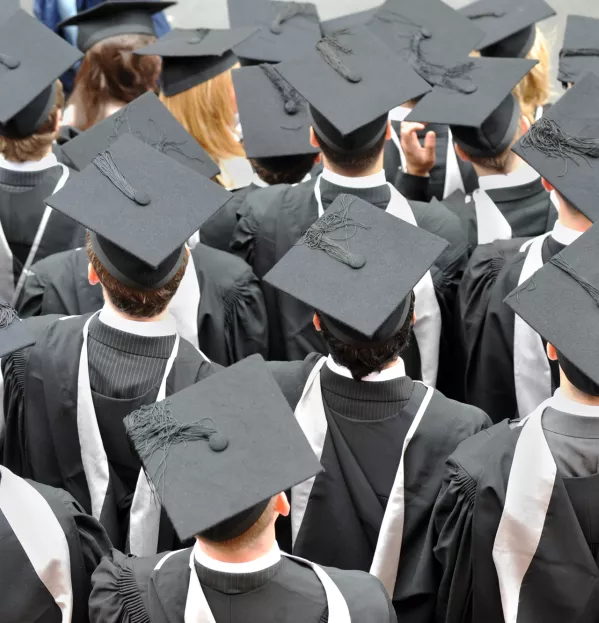Often, schools are so focused on getting students into university, they forget to think about how their students will cope when they get there. The emphasis, instead, is on the knowledge and skills required to pass examinations and how to prepare for a successful Ucas application.
In schools and sixth forms across the country, teachers will be focusing on the Ucas deadline in January, but they should also make sure students have crucial life skills and are aware of the academic practicalities of university.
So what sort of things should we be looking to introduce now to support students in their transition in 2022?
Life skills
Schools often fixate on the more headline-grabbing aspects of university life, such as drugs, alcohol abuse and sexual relationships. Yet more mundane issues are far more common. For instance, up to 70 per cent of students experience homesickness during their time at university - and digital technology makes it too easy to self-isolate.
Now that mental health and mindfulness are part of the national consciousness, schools can and should offer more specific and practical guidance about the challenges of leaving home.
Do:
- Encourage students to participate in activities whereby they can practise spending time away from home. The Duke of Edinburgh’s Award scheme is a traditional route. The National Citizen Service also offers a tailored programme of volunteering and team-building activities that involves two weeks living in university accommodation. The whole experience costs no more than £50 due to government backing, so there are minimal cost implications.
- Consider running life skills courses such as “cooking for university” or teaching students how to wash and iron. This could even include school trips to the local launderette.
- Give all students specific guidance on recognising homesickness and strategies for tackling it. Keeping busy, bringing home comforts to university and recognising that homesickness is normal - that everyone is going through an acclimatisation process - will help students prepare for the challenge of leaving home.
Preparation for academic etiquette
Students will be used to extensive support and swift answers to questions. Academics are less accessible and less willing to respond to queries - especially if the information is readily available in handbooks or reading lists, or if the email opens with “Hey” or is written in text-speak.
Students can profit from guidance on interacting with academics and on specific issues like plagiarism. The latter is a common concern for first-year students and, in an age of streaming and file-sharing, the notion of intellectual ownership is blurrier than ever.
Do:
- Caution students to use academics’ titles and to switch to informality only if invited. This can be modelled in teacher-student email correspondence.
- Remind students that their peers are often the best and quickest source of information, in Virtual Learning Environment (VLE) forums or in their own WhatsApp groups.
- Introduce the notion of plagiarism. Universities can then provide specific guidance to students who are forewarned and forearmed.
David Tuck is the head of politics at Stamford School and Professor Rob Johns is a professor of politics at the University of Essex




